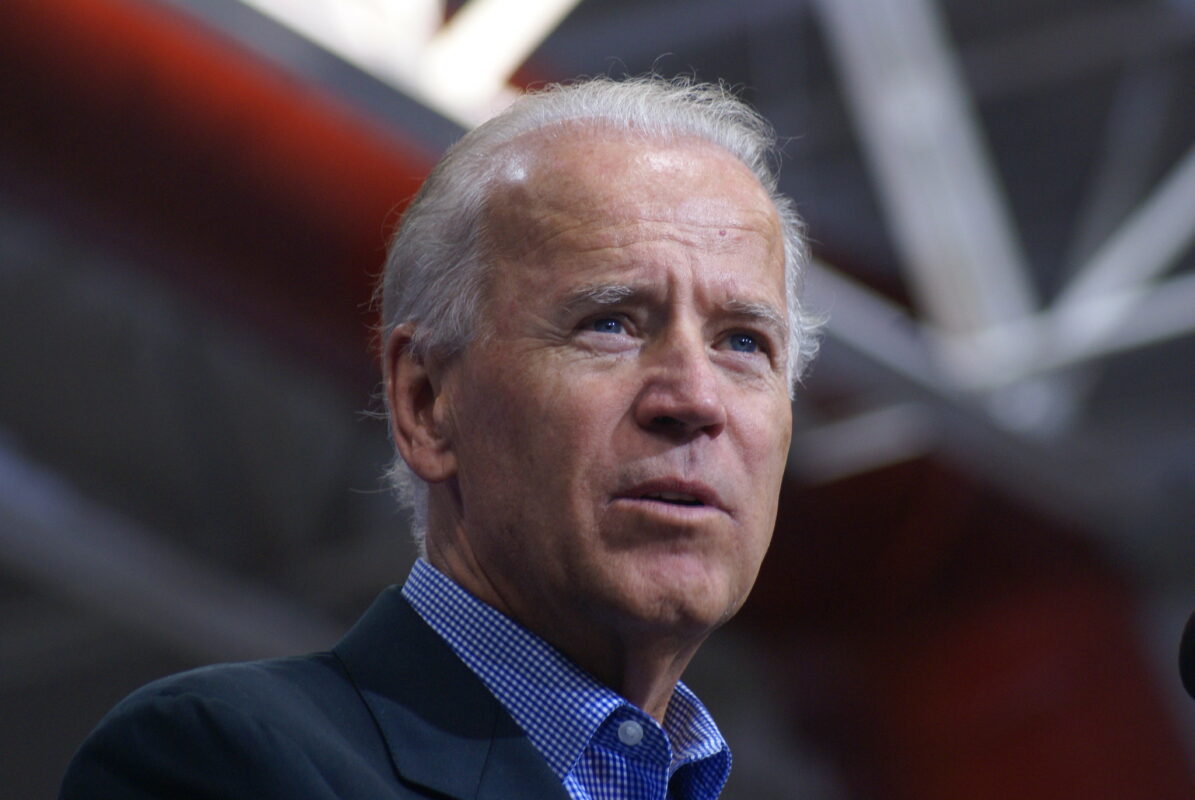The 2020 Munich Security Conference was uncomfortable for the American attendees. As Politico reported, those who thought the 2019 conference was the nadir of transatlantic relations left Munich in 2020 “feeling chastened.”
In speech after speech, whether in public or private, European leaders lamented what they perceive as the U.S.’s disengagement from both the region and the world at large.
German President Frank-Walter Steinmeier opened the conference — one of the largest annual gatherings of political leaders, military chiefs and top diplomats from around the world — by accusing the Trump administration of “rejecting the idea of the international community.”
In all but two years since its founding in 1963, the Munich Security Conference has brought world leaders together in February to discuss pressing issues that could lead to conflict. More than anything, it has served as a demonstration of the power of the Western Alliance. The United States typically sends the vice-president or the Secretary of State. When serving as vice-president, Joe Biden made appearances in 2009, 2013, and 2015. Mike Pence represented the United States in 2017 and 2019. By 2020, transatlantic relations had become so strained that the theme of the conference was “Westlessness.”
Secretary of State Mike Pompeo thrashed around the three-day event at the Hotel Bayerischer Hof, laying into the Trump administration’s critics and accusing them of ingratitude. But, in the end, Pompeo couldn’t convince Europe to keep its distance from either Russia or China, and the loss of American influence was palpable.
It was a natural result of four years of tension, beginning with Trump’s decision to pull out of the Paris climate agreement and the Iran nuclear deal, and followed by a plethora of threats and insults, including the decision to provide no notice before announcing a pull-out of troops in Syria. Trump’s inexplicable friendliness with dictators, including Vladimir Putin, and his open disdain for NATO and the European Union have done serious damage to America’s standing in Western Europe, with the ironic effect of drawing Western Europe closer to Russia and China.
The repair work begins Wednesday and Thursday with a NATO ministerial meeting where Secretary of Defense Lloyd Austin will make his debut. That will be followed by a virtual G-7 meeting on Friday. Also on Friday, Biden will become the first president to address the Munich Security Conference. Then, on Monday, Secretary of State Anthony Blinkin will have a virtual meeting with EU foreign affairs ministers.
Due to the ongoing COVID-19 pandemic, Wolfgang Ischinger, who has organized the Munich Security Conference since 2008, will have to settle for a three-hour teleconferenced version this year. He’s excited to begin the post-Trump era, but his trust in America is shaken.
“We have learned in a shocking way that there is no such thing as a permanent, long-term guarantee that the US will always have our back,” Ischinger said. “Intelligent Europeans will have to deal with the question: What if in four years’ time a president gets elected who runs in the tracks of Donald Trump?”
Despite lingering “fundamental doubt,” Ischinger said he was “relieved” by Biden’s picks for his foreign policy and national security teams, who have decades of personal and professional experience with the trans-Atlantic relationship.
Clearly, Biden understands the importance of restoring confidence in American leadership, which is why he didn’t delegate an appearance to vice-president Kamala Harris or Secretary Blinkin. He will have some tricky subjects, including the controversial offshore Nord Stream 2 pipeline running under the Baltic Sea from Russia to Germany. Like the Trump administration before it, the Biden administration opposes this project while Germany would like to see it completed. Biden will also have to navigate the subject of Alexei Navalny, the Russian dissident who was poisoned by Russian intelligence officers in 2020 and received treatment in Berlin. After Navalny returned to Russia and was arrested, relations between Russia and Western Europe grew tense and Putin canceled his scheduled appearance at the Munich conference.
Germany, along with the European Union and the United States, has been pressuring Russia to immediately release the jailed leader Alexei Navalny. The tensions between Germany and Russia soured after Moscow expelled German diplomat for participating in a protest held last month demanding Navalny’s release. Germany responded by expelling Russian diplomats from Berlin in a retaliatory move. Apart from German officials, Russia also expelled diplomats from Sweden and Poland for participating in pro-Navalny protests.
Despite this, Germany isn’t interested in listening to American lecturing over its relations with Russia.
The future of NATO’s missions in Iraq and Afghanistan will also be a hot topic, as well as Iran’s nuclear ambitions. But discussion of COVID-19 and climate should offer easy avenues for good feeling and cooperation.
There’s a lot to cover and a lot of damage that needs repair, but if America is going to make a comeback on the international stage, it will begin this week in Europe.
